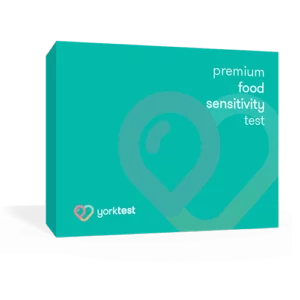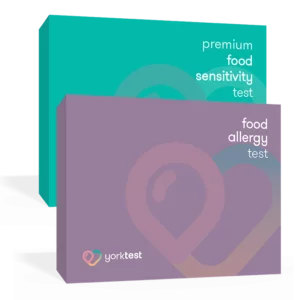What is tomato sensitivity?
A tomato intolerance or sensitivity occurs when your digestive system reacts adversely after eating tomatoes. There are different types of food sensitivities when it comes to tomatoes: chemical sensitivities to the alkaloids, reactions to the acid content, and IgG reactions to the proteins in tomatoes.
Alkaloid Sensitivity
As part of the nightshade family of plants (Solanaecae), tomatoes contain chemical compounds called alkaloids that can come in the form of solanine. While the alkaloids in nightshade foods are generally minimal, you may still find your digestive system cannot process them. If you tend to show signs of sensitivity to other nightshade fruits and vegetables you may also find you are sensitive to tomatoes.
Other nightshade fruits and vegetables include:
- White potatoes
- Eggplant
- Bell peppers
- Paprika
- Goji berries
Acid Reflux and Heartburn
Due to the acidic content of tomatoes, some may also suffer from gastroesophageal reflux disease (GERD) or heartburn which occurs when stomach acids back up into the esophagus, which can cause discomfort in the chest area. Whether it’s fresh tomatoes or canned, it’s best to just avoid tomatoes altogether if you suffer from heartburn.
IgG Tomato Sensitivity
An IgG tomato sensitivity occurs when your IgG antibodies react to tomatoes causing inflammation in the body. This can occur anywhere from 3-72 hours after consuming tomatoes, making it difficult sometimes to pinpoint the exact ingredient that is affecting your digestive system.
It is important to note that a tomato sensitivity is not life-threatening, although it can cause you a lot of discomfort. However, others may show more serious allergic reactions, where even just touching the fruit could trigger their tomato allergy. Food allergies are serious immune responses that are life-long unlike IgG sensitivities which can be overcome in time. Taking a food sensitivity test can help you find out whether your immune system is responding to tomato proteins.



















